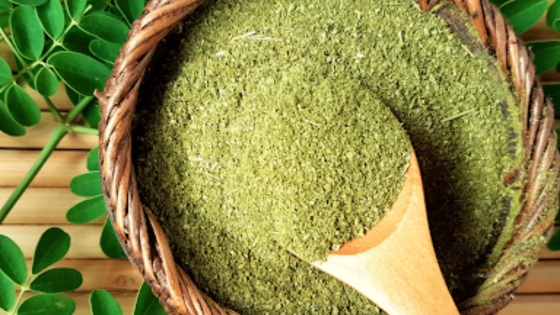Questo post è stato aggiornato di recente il 25 luglio, 2023
Le vitamine e i minerali di cui hai bisogno dalla tua dieta quotidiana possono aiutarti a controllare efficacemente l'ipertensione e a mantenere un corpo sano.
A healthy diet plays an important role in controlling high blood pressure. però, you may not be enough familiar with which vitamins and minerals need to be absorbed a lot to maintain blood pressure at a stable level? Here are some vitamins and minerals that are good for people with alta pressione sanguigna.
Potassio
Potassium plays an important role in supporting normal muscle functions, including relaxing blood vessel tissues, helping to lower blood pressure, and avoiding cramping. Potassium helps maintain blood pressure at a healthy level by reducing the effects of sodium. Inoltre, potassium at normal levels also helps protect you from an irregular heartbeat condition by maintaining the electrical signals in the heart and nervous system central.
Nutritionists recommend the necessary amount of potassium for both men and women is 4,700 mg / die. Foods high in potassium include potatoes, prunes, apricots, mushrooms, piselli, arance, tuna, spinaci, pomodori, raisins, fat-free milk, and yogurt.
Magnesio
Magnesium also plays an important role in controlling high blood pressure. A steady level of magnesium in the body helps blood vessels relax, lowers blood pressure, and reduces the risk of stroke. però, magnesium is easily lost because it is excreted in the urine.
Magnesium is found in foods like green vegetables, cereali integrali, e fagioli. The recommended amount of magnesium for men 50 years of age and older is 420 mg/day and for women 50 and older, 320 mg / die.
però, if you consume too much magnesium, it is very easy to get diarrhea.
Calcio
Calcium helps the walls of blood vessels to tighten and relax as needed, helping to regulate and stabilize blood pressure. Calcium is found in foods like milk, formaggio, kale, spinaci, and fish like salmon, sardine, eccetera.
The recommended calcium intake for men 51 years and older is 1,000–1,200 mg, and for women 51 years and older, 1,200 mg / die.
vitamina E
Vitamin E is a fat-soluble vitamin. Vitamin E is found in many foods including whole grains, carne, uova, frutta, pollame, verdure, vegetable oils, and supplements. The body normally stores a lot of vitamin E, so vitamin E deficiency is rare.
Vitamin E affects the production of nitric oxide, a substance that dilates blood vessels, helping to lower systolic and diastolic blood pressure. Perciò, this vitamin is often used in the treatment of high blood pressure.
Vitamin E also helps prevent heart attack, dolore al petto, Alzheimer’s disease, blood disorders, skin problems, or Parkinson’s disease.
Vitamina C
Vitamin C is a water-soluble vitamin. Our bodies can’t make vitamin C on their own, so you can only get vitamin C from foods like fresh fruits, verdure, and supplements. però, nutritionists recommend that you consume a variety of foods rich in vitamin C rather than supplementing them through supplements.
Vitamin C has the ability to treat or prevent a number of medical conditions such as infections, depressione, Alzheimer’s disease, fatica, attacco di cuore, ictus, high cholesterol, and especially high blood pressure.
Vitamin C also contributes to reducing oxidative stress, promoting the production of nitric oxide, which effectively lowers blood pressure.
Vitamina D
Vitamin D is fat-soluble. You can consume many foods that contain vitamin D such as fatty fish (sgombro, tuna); latticini (fresh milk, formaggio), juices, and cereals labeled “vitamin D fortified”. però, the main source of vitamin D is sunlight.
Vitamin D is used to support patients with vascular diseases, cardiovascular disorders such as high blood pressure, high cholesterol as well as patients with obesity, diabete, insufficienza renale, debolezza muscolare, dental diseases, and gums.
What you eat affects your health. Perciò, you should maintain a healthy diet, especially consuming a lot of foods that contain minerals and vitamins such as potassium, magnesio, vitamins D, E, and C to maintain a stable blood pressure level.


